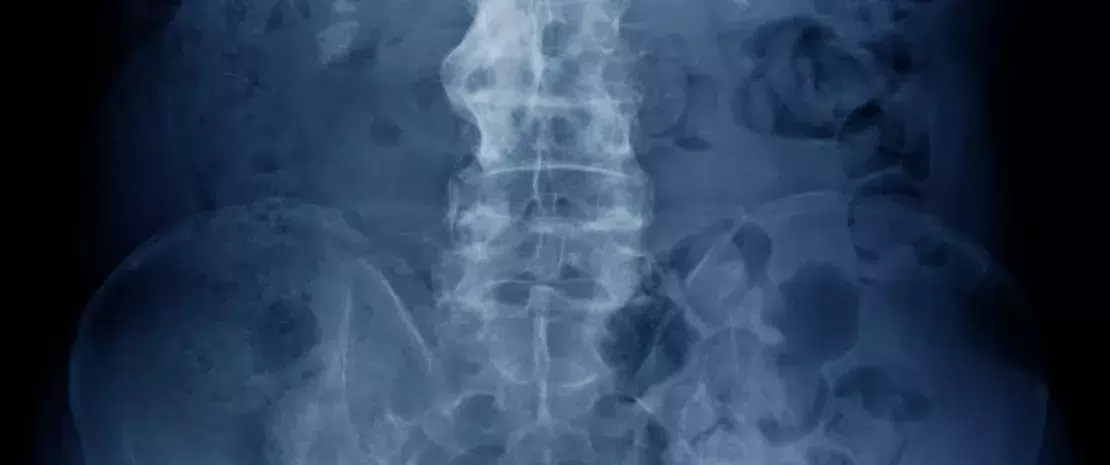Ankylosing spondylitis: the role of fungal microbiota
A study conducted in patients with ankylosing spondylitis suggests that the gut fungal microbiota and interactions between bacteria and fungi in the gastrointestinal tract could play a key role in this disease.
Lay public section
Find here your dedicated section
Sources
This article is based on scientific information

About this article
Ankylosing spondylitis (AS) and gut dysbiosis seem to be related: over 70% of patients with AS suffer from subclinical gut inflammation and between 5 and 10% of them have a severe form that can progress to a chronic inflammatory bowel disease (IBD). Although the bacterial gut microbiota of these patients has already been analyzed, until now no study had focused on their fungal microbiota (or mycobiota). It has now been done: a Chinese study characterized bacterial and fungal gut microbiota of 22 patients with AS and 16 control subjects.
Double dysbiosis: microbiota and mycobiota
The results show a 3-fold higher abundance of Proteobacteria and a significant decrease of Bacteroidetes in patients with AS. In addition to the bacterial dysbiosis in patients with AS, this study reveals an even stronger dysbiosis of the mycobiota, characterized by a significant decrease of fungal diversity: the Ascomycota phylum, and especially the Dothideomycetes class, becomes even more predominant, while the abundance of Basidiomycota phylum largely decreases, mainly because of the disappearance of Agaricales.
Impact of treatments
The authors also indicated that immunosuppressive therapy seems to exacerbate the mycobiota imbalance: fungal diversity decreased more in the 8 patients treated with etanercept (TNFα inhibitors) than in the 5 patients with AS who were not under treatment. However, NSAID therapy did not lead to significant changes in the 9 patients with AS who received this treatment. Finally, a strong positive correlation was found between C-reactive protein (CRP) levels, a biomarker of inflammatory flares, and the fungal microbiota. A change in fungal (but not bacterial) microbiota of patients with AS was also associated to the degree of disease activity and the intensity of X-ray damage, thus suggesting the mycobiome plays a role in the development of AS. Patients with AS, and especially those without treatment, presented a change in the number and intensity of interactions between fungi and bacteria, which could involve the inflammatory process. These interactions were incidentally affected by treatments with NSAIDs and immunosuppressants.






